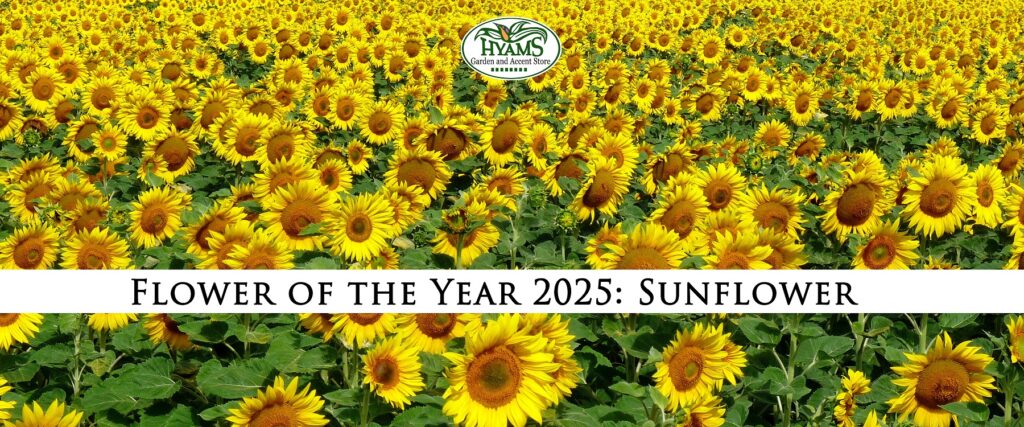From time immemorial thinkers, poets, artists and nature lovers have listened to the gentle wisdom of flowers.
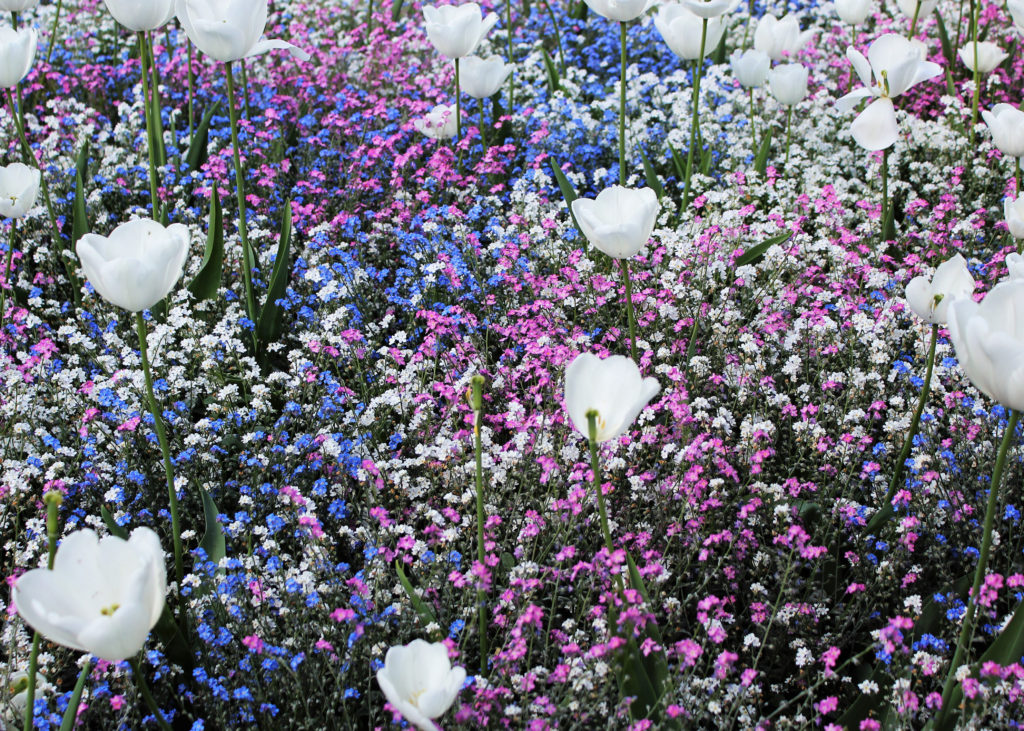
Jesus of Nazareth spent a lot of his time in the fields and gardens to pray and reflect. It gave him ample opportunity to observe and admire flowers. The lilies of the field whispered to him saying, “We are here today and tomorrow we shall be gone. That short span of life does not fill us with anxiety. We are grateful for the time given to us and delight in arraying ourselves even more gloriously than King Solomon.”
A reflective Buddhist Sage derived a profound insight on nonviolence from his contemplation of flowers. They said to him, “Imitate a bee, which, not harming us, our color or scent, flies off with the nectar.”
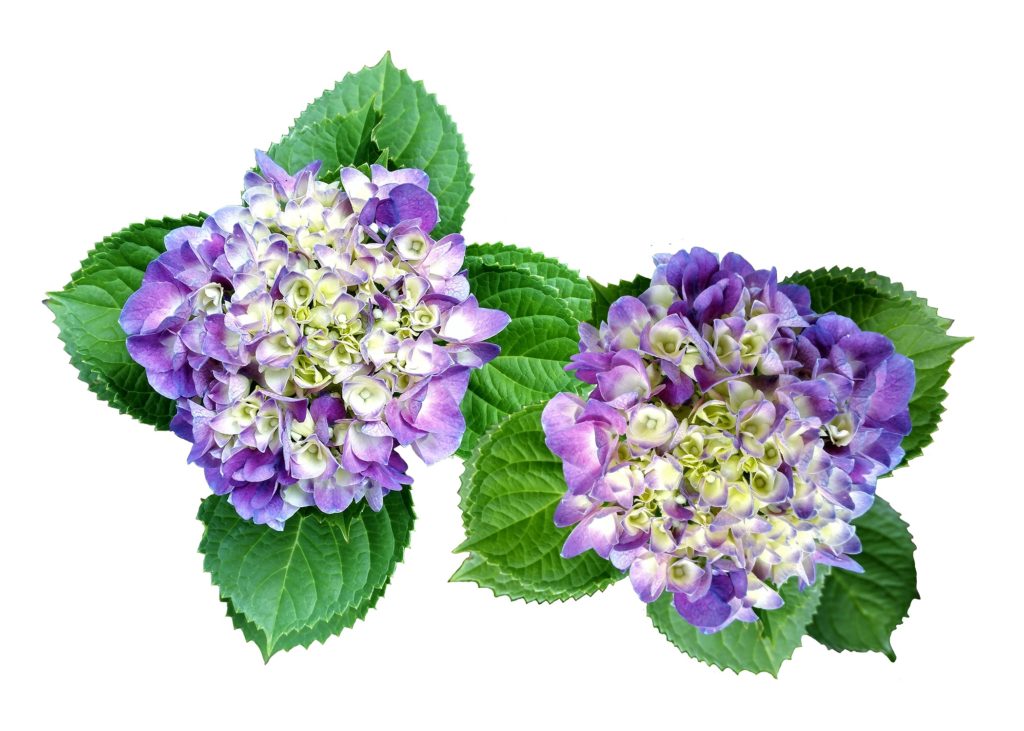
Flowers inspired Rabindranath Tagore to be grateful for all good things in life. This great Indian poet heard the flowers whisper, “Bees sip honey from us and hum their thanks as they leave.”
Mahatma Gandhi motivated multitudes of his fellow citizens to wage a non-violent struggle to gain Independence from Colonial British rule. He united people of many faiths to help establish a free nation where diversity and plurality are celebrated. He heard the flowers whisper: “The different religions are beautiful flowers from the same garden. Like the bee gathering honey from different flowers, the wise person accepts the essence of the different scriptures and sees only the good in all religions.”
Saint Teresa of the Child Jesus, a Cloistered Carmelite Nun, heard the tiny flowers whisper and came to be known the world over as ‘The Little Flower.’ Through their beauty and elegance the tiny flowers whispered to her that holiness and greatness of life consist not only in long hours of prayer or performing great acts of penance but rather in being small, in doing small things with great love as if our life was a tiny flower offered to the Lord.
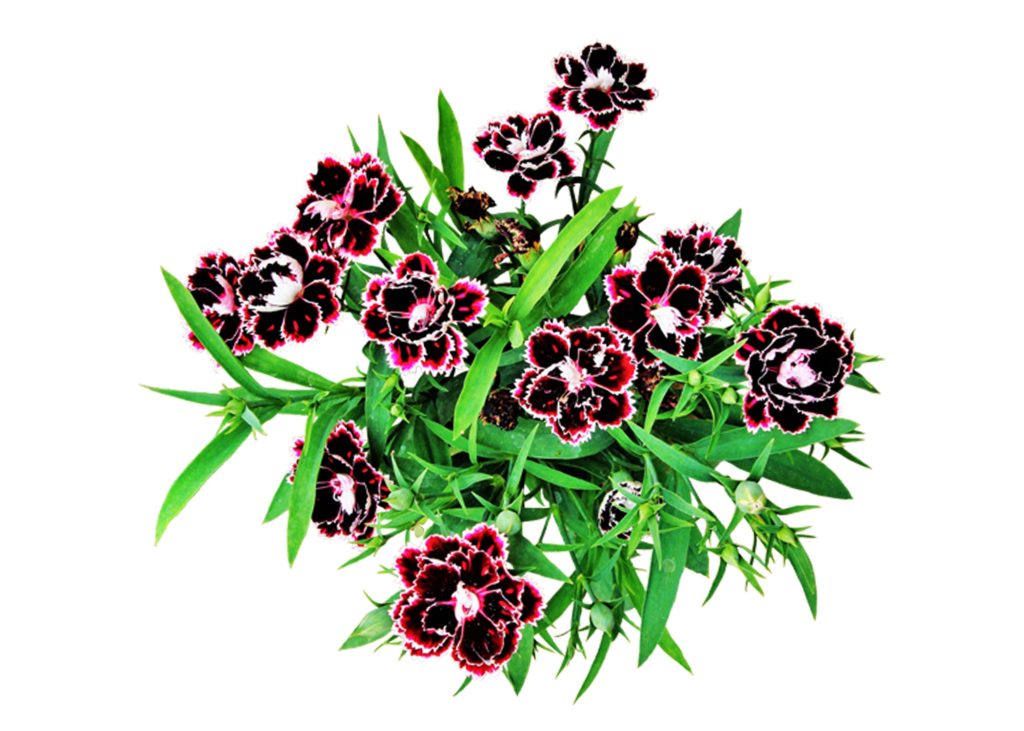
Flowers inspired the 13th century Sufi mystic and Persian poet, Jalāl ad-Dīn Muhammad Rūmī to speak the truth with gentleness. He expressed it so succinctly when he said, “Raise your words, not voice. It is rain that grows flowers, not thunder.”
The whispers that Mother Teresa of Calcutta heard gave her a perspective on life. It made her an icon of Christian Charity. She heard the flowers say, “Like the trees and plants we grow in silence. The stars and the moon move in silence. Silence gives us a new perspective.”
Helen Keller heard the flowers whisper in spite of being blind and deaf. Her physical handicap was not an impediment to hear the flowers speak,“The most beautiful things in the world cannot be seen or even touched, they must be felt with the heart.” She realized that “Love is like a beautiful flower which I may not touch, but whose fragrance makes the garden a place of delight just the same.”
Henry David Thoreau, the American Naturalist Philosopher who advocated a simple living in natural surroundings heard the whispers and realized that “life emits a fragrance like flowers and sweet-scented herbs.”
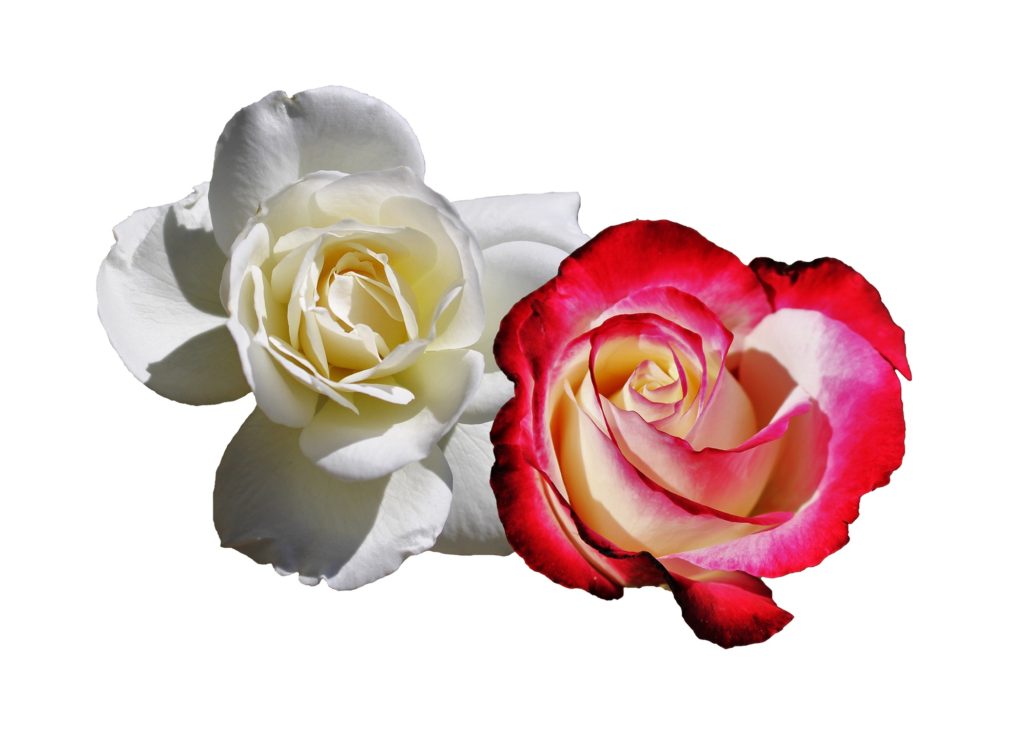
Matsuo Basho, the Japanese Poet, was convinced that “only a heart and mind that is attuned to nature throughout the four seasons sees a flower in whatever it sees.”
The human environment around us can get filled with a lot of negativity from time to time. We can get caught up in the geopolitical discourse of our times. Words and images in the media and regular daily conversations can confuse and discourage us. The stress and strain of maintaining joyful and life enhancing relationships at home can take a toll on our spirits. The difficulty of finding a job or the insecurity of keeping one we already have can be very stressful too. In a world of constant sound bites and instant messaging we get bombarded with pictures and ideas that are often not factual, respectful and encouraging. Maybe life happens at such a fast pace that we can’t resist the urge to respond and give an opinion without even taking a moment to catch a breath and think over it.
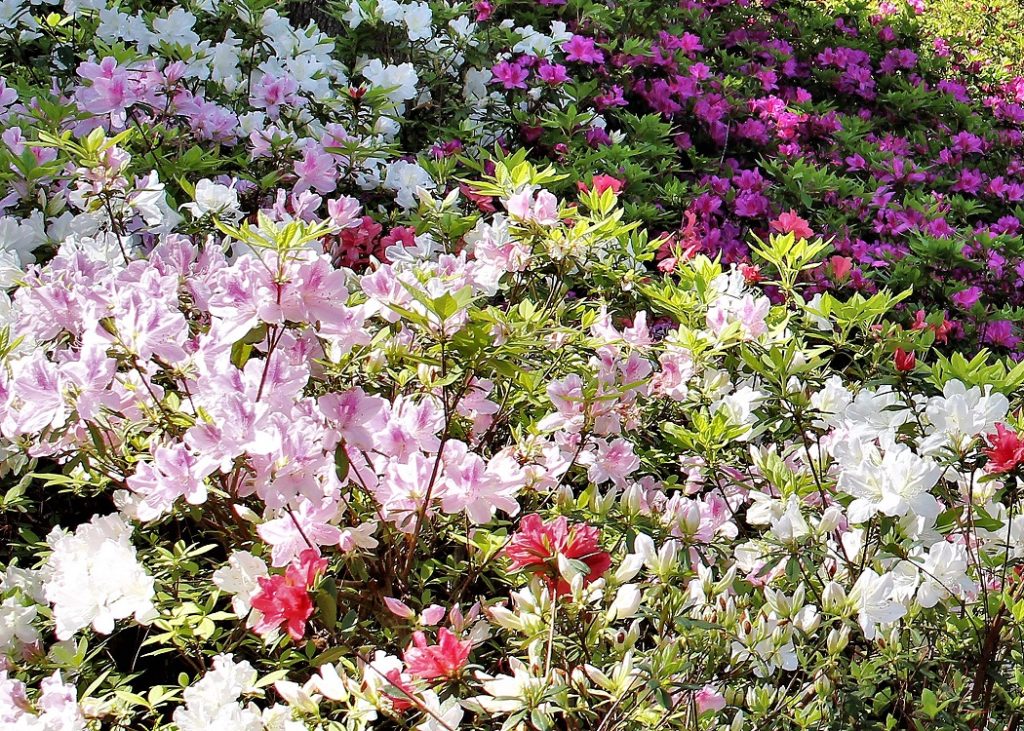
For quite some time now we have been visiting gardens and admiring flowers in various parts of the world. Their diversity, brilliance and aroma have delighted our senses, lifted our spirits, motivated our minds and inspired our creativity. A flower in itself and our encounter with it is a fleeting moment; however, the experience and inspiration derived are enduring.
Marshal Mihir Upasi & Jane Livingston-Upasi
